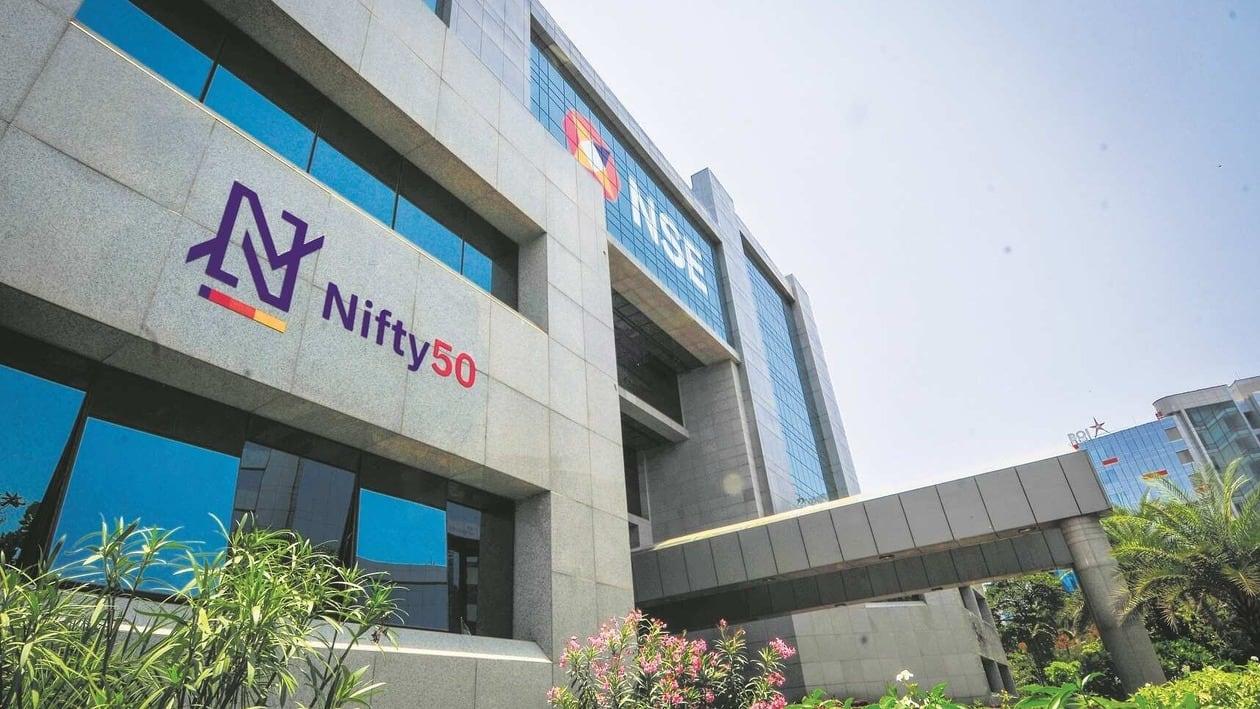Evaluating the performance of a mutual fund calls for assessing its returns in the past few years. Aside from the past returns, there are other several factors also that collectively influence the fund's performance such as the reputation of fund house, market capitalisation of fund, and last but not least — the performance of fund managers.
Here we shed light on the performance of NSE50 index funds in the past three years, particularly the ones that generated a return of over 18 percent.
As we can see in the table below, ABSL gave a return of 18.72 percent, Axis Nifty 50 ETF gave a return of 18.65 percent, HDFC Index Fund Nifty 50 Plan gave a return of 18.11 percent, ICICI Prudential Nifty 50 ETF gave a return of 18.69 percent and Mirae Asset Nifty 50 ETF gave a return of 18.68 per cent.
| Mutual Fund scheme | 3-year-return (%) |
| Aditya Birla Sun Life Nifty 50 Index Fund | 17.92 |
| Axis Nifty 50 ETF | 18.65 |
| DSP Nifty 50 Index Fund | 18.03 |
| ICICI Prudential Nifty 50 ETF | 18.69 |
| Mirae Asset Nifty 50 ETF | 18.68 |
(Source: AMFI data; regular returns as on Sept 9, 2022)
The return of benchmark index (Nifty 50 Total Return Index) was 18.86 percent for past three years. So, none of these index funds has delivered a return higher than this.
It is also important to note that the past one year returns were lower in line with the returns given by the benchmark index.
As seen in the table below, the ABSL Nifty 50 Index Fund gave a return of 3.38 percent, Axis Nifty 50 ETF gave a return of 4.03 percent, DSP Nifty 50 Index Fund gave a return of 3.59 percent, among others. At the same time, the benchmark return for past one year was 4.08 percent.
| Mutual funds | 1-year-returns (%) |
| ABSL Nifty 50 Index Fund | 3.38 |
| Axis Nifty 50 ETF | 4.03 |
| DSP Nifty 50 Index Fund | 3.59 |
| ICICI Prudential Nifty 50 ETF | 4.05 |
| Mirae Asset Nifty 50 ETF | 4.02 |
Why index funds?
An index fund is a type of mutual fund common amongst new investors. It is essentially a mutual fund that replicates indices such as S&P BSE Sensex and NSE Nifty50. The stocks comprising the index become a part of the fund in the same proportion as in the broader index.
In other words, index fund portfolio is identical to the index. Index funds, as a result, are seen as safe investment in the long term.
They do not aim to outperform the markets such as active funds but generate returns in line with the market performance. They tend to deliver slightly less returns than the index returns.
Index funds are generally preferred by investors with a low-risk appetite who expect predictable returns. These funds generally give returns matching the particular index it follows. Also, you do not have to keep tracking the fund. If there is any change in the index, the fund incorporates the same.
Pitfalls: There are a number of pitfalls of investing in the index funds. The fund manager cannot make changes in the portfolio even in case of major developments. The portfolio and weights of the stocks are fixed as per the index it is tracking.
Another disadvantage of an index fund is the tracking error which is the difference in returns by the fund and that of index. Although a fund manager makes efforts to replicate the index as closely as possible, there is still some room for error. So, investors are advised to opt for a fund with the least tracking error.
Unlike active funds, index funds cannot outperform the market. Although they give stable returns, index funds do not perform better than the index they track.
